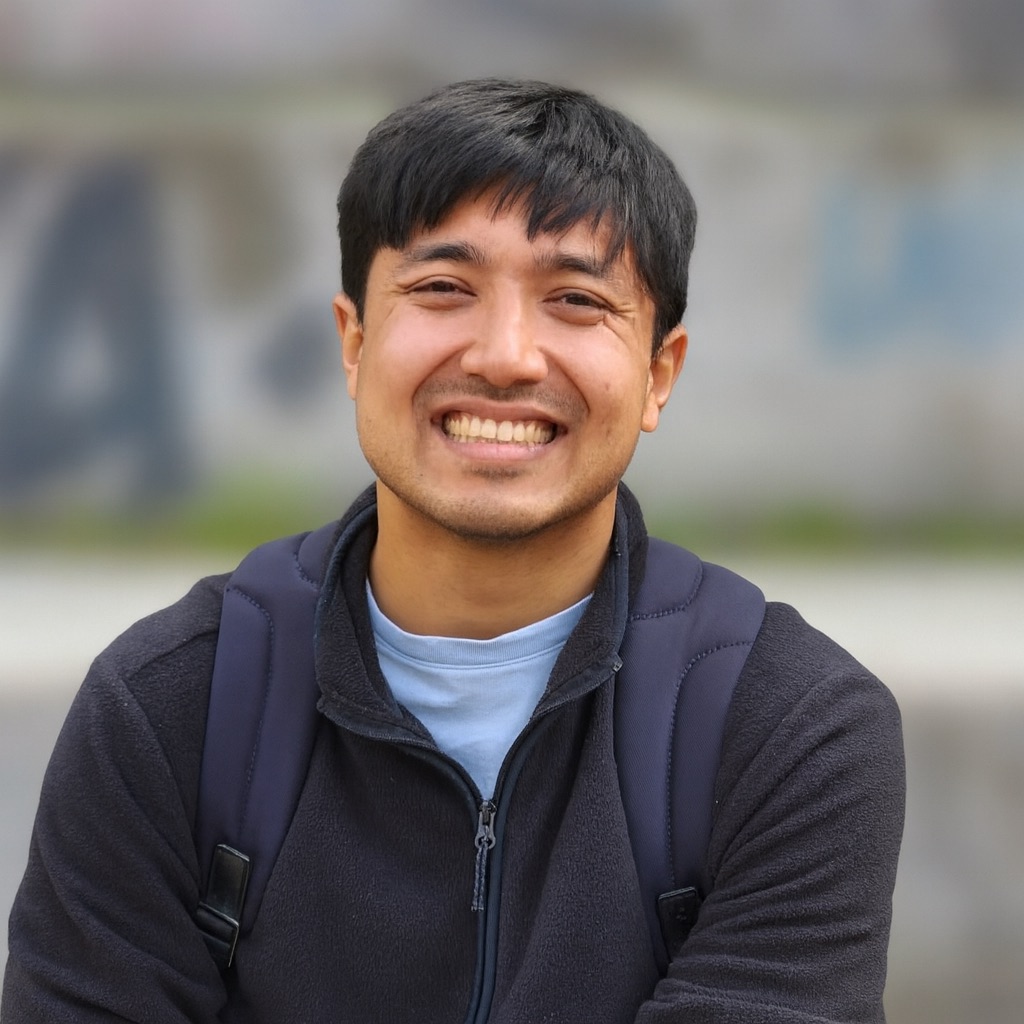
I'm a postdoc at University of Tübingen advised by Ulrike von Luxburg. My research is broadly focused on developing theory that builds towards more robust and trustworthy machine learning systems. I received my Bachelor of Science in Mathematics from MIT and my Phd from UCSD in 2023 where I was fortunate to be advised by Kamalika Chaudhuri and Sanjoy Dasgupta.
Research
Explainability and Interpretability
I've lately been very interested in studying how effective and reliable current explainability and interpretability tools are. Thus far, my approach has been to study older (but still widely applied tools) feature attribution methods. I'm especially pleased with our work on the popular method SHAP where we found some cute mathematics that shows a simple modification under which KernelSHAP enjoys some reasonably strong provable guarantees.
-
Informative Post-Hoc Explanations Only Exist for Simple Functions
E Günther, B Szabados, R Bhattacharjee, S Bordt, U von Luxburg
In Preparation -
How to safely discard features based on aggregate SHAP values
R Bhattacharjee, K Frohnapfel, U von Luxburg
COLT 2025 -
Auditing local explanations is hard
R Bhattacharjee, U Luxburg
Neurips 2024 - Talk I gave at the Interpretability Seminar about our work on (the difficulty in) auditing local explanations. 2025
- Talk at COLT I gave about our work on the SHAP explainability method. Talk starts a 1:11:21. 2025
Adversarial Robustness
One of the first problems I worked on was in understanding "adversarial examples," which are small imperceptible changes made at test-time designed to cause misclassification. The approach we took was to study this problem in the context of much more old-fashioned machine learning techniques such as linear classifiers and non-parametrics. We found that some of the phenomena encountered in deep networks (such as differing sample complexities for learning robust classifiers rather than accurate ones) also occur in these simpler settings. We also found some simple ways to mitigate these issues including a modification under which non-parmetrics converge towards the optimally robust classifier.
-
Robust Empirical Risk Minimization with Tolerance
R Bhattacharjee, M Hopkins, A Kumar, H Yu, K Chaudhuri
ALT 2023 -
Consistent Non-Parametric Methods for Maximizing Robustness
R Bhattacharjee, K Chaudhuri
Neurips 2021 -
Sample Complexity of Adversarially Robust Linear Classification on Separated Data
R Bhattacharjee, S Jha, K Chaudhuri
ICML 2021 -
When are Non-Parametric Methods Robust?
R Bhattacharjee, K Chaudhuri
ICML 2020 - A poster presentation I gave about our work on non-parametric methods for robustness. 2020
Online Learning
I was introduced to online clustering by Michal Moshkovitz and immediately loved it for its simple setting and interesting algorithms. One of our main results was a simple efficient algorithm that nevertheless achieved an O(1) approximation to the optimal loss. Our main innovations were in efficiently adjusting to data sequences where the relevant distance scale rapidly changes.
-
Online k-means Clustering on Arbitrary Data Streams
R Bhattacharjee, J Imola, M Moshkovitz, S Dasgupta
ALT 2023 -
Learning what to remember
R Bhattacharjee, G Mahajan
ALT 2022 -
No-substitution k-means Clustering with Adversarial Order
R Bhattacharjee, M Moshkovitz
ALT 2021 - Talk I gave at USC about our work on online clustering. 2023
Publications
Looking for my research papers? Visit the publications page for a complete list of preprints and published work.